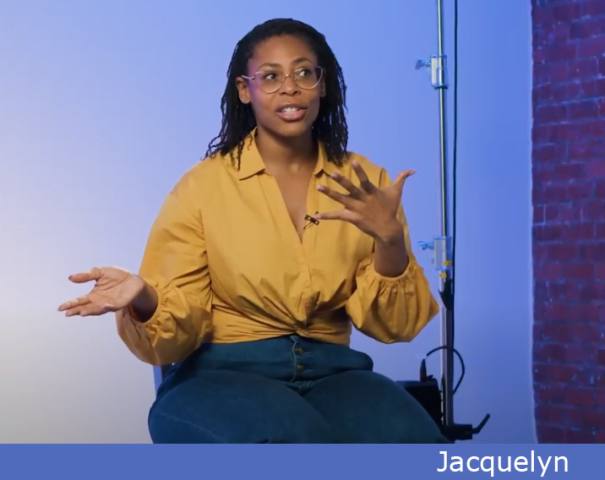
Black Americans’ Distrust of Finance
Redlining, subprime mortgages sold in minority and immigrant neighborhoods, higher interest rates on car loans – black Americans have reason to distrust the financial system.
This spills over into their retirement planning, specifically their relationships with financial planners and how much they save, concludes a study in The Journal of Personal Finance. Among the findings is that blacks and, to a lesser extent, Latinos have difficulty trusting planners.
Past research shows trust can play an important role in financial decisions. People who trust the stock market, for example, are more likely to invest in stocks. But black Americans start out with generally lower trust levels: nearly half reported “low trust,” compared with only about one-quarter of whites, according to the survey data used by three finance professors in their study last year.
The researchers then assessed whether trust levels affected two specific behaviors: hiring a financial planner and saving for retirement.
A lack of trust reduced the likelihood an individual will engage a planner by 18 percentage points, compared to individuals who tend to be more trusting. The surprising result was that blacks were actually more likely to hire a financial planner than were whites with similar incomes when the researchers controlled for trust – meaning the controls eliminated differences in behavior related to individual trust levels.
Another finding was that while blacks have less retirement savings than do white Americans of similar incomes, this difference virtually disappears when the analysis controls for the difference in their trust levels.
If black Americans could get past their inherent lack of trust and get good advice or good financial products things might be different, said one of the study’s authors, Terrance Martin, an assistant professor of finance at the University of Texas-Pan American in south Texas.
“You might see less of a difference between black households’ accumulated retirement saving relative to white households,” Martin said.
Comments are closed.







This is not so much about “trust” as is about the hesitancy to prioritize “investing in one’s self” or “enhancing one’s knowledge”.
As an example – my background is in computer engineering, and I think that I’m very, very good at what I did during my working years. But, as good as I am with computers, if I have a leaking pipe in my house, I’m gonna call someone else to do it for me. Now, I’ve seen people ripped off by plumbers. Similarly, even though I’ve seen people adversely impacted in the financial realm, I’ve also noticed the plight of those without financial knowledge (or help) and don’t want that same outcome for myself or my family. So, just as I look around to find someone to fix the pipes in my house (though I might not have a clue what they’re doing), similarly, I’m going to look around to find someone to fix my financial situation (though, I might not have a clue what they’re doing.)
It’s always about personal choice.
As a black American – one that does not have a victim mentality (which I think the researcher mis-categorizes as “trust”) – I have no reason to distrust the financial system. My first home (back in 1984) was financed with a sub-prime mortgage (I had little/no credit), but because my job was stable (and income rising) and the overall economic situation went well for the next few years, I was able to refinance the subprime mortgage for a fixed-rate mortgage at a significantly lower rate and things worked out well for me.
Again, we might have difficulty trusting plumbers (again, because we don’t understand all that they’re doing), but we call them anyway if the need exists. Similarly, retirement planning, financial planning, saving amounts, etc. are things that you do because the need exists, no different than with leaky pipes (and nothing to do with trust or distrust).
In fact, I’ve found that financial planners aren’t even necessary. Just as one would go online to watch a video (or read text) about fixing leaking pipes, there is sufficient basic information out there on establishing a budget, saving, investing, emergency funds, etc. that having to seek out and “trust” a financial planner isn’t necessary.
Again, trust has nothing to do with it. I invest in stocks, but I don’t necessarily “trust” the stock market. The stock market is a great way to lose a lot of money. But, it’s one of the few ways to grow one’s wealth to reach future goals. A person can learn and “invest in one’s self” or “enhance one’s own knowledge” and learn enough to go it alone (or one can hire a financial planner, if that’s the personal choice).
It’s almost always about personal choice. Trust (and dis-trust) are bad excuses for doing nothing.
Brian – interesting thoughts on this issue. Thank you for sharing them!
Kim (blogger)